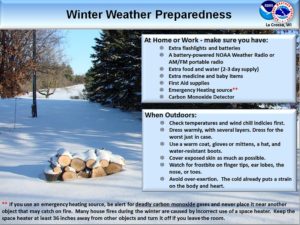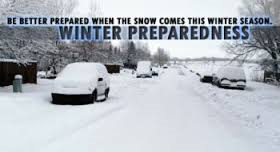So remember till Spring actually sets in be Preparred! 
Deal with weather ailments.
Learn from this week if you haven’t yet in the North East that this season is not over and to many feeling like their in the North Pole finally ends in about a month or less but this winter has worsened or increased illnesses due to the freezing cold temperatures we have had than into lovely weather back to freezing cold and still do. Some health problems have been enhanced by the freezing temperatures like the common cold with even adding a sore throat trickling on to an attack of asthma Well here’s how to help your body deal with the cold weather ailments.
“It’s your own immune response that makes you feel ill,” says Professor Ron Eccles of the Common Cold Centre in Cardiff, where experts have researched the common cold for more than 20 years.
When you get a cold, the virus attacks the nose and the back of the throat, and it doesn’t take long for the body’s natural defences to start to work.
“The immune system detects the virus and floods the area with white blood cells and chemical messengers, and these trigger various symptoms such as headaches and a blocked nose.”
“Women have more colds than men, and this is probably due to increased interaction with children,” says Professor Eccles of the Common Cold Centre in Cardiff . Children get around seven to ten colds a year, compared with two to three for adults. So people who spend a lot of time with children, such as childminders, nursery teachers or school teachers, are more likely to pick up the viruses.
“During a cold, the lining of your nose is the battlefront,” says Professor Eccles. When your nose feels blocked, it isn’t because it’s full of mucus, but because the blood vessels in your nose are inflamed.
The nasal lining is made from erectile tissue (similar to the tissue in the sexual organs). When you have a cold, the blood vessels swell up as infection-fighting white blood cells flood to the area. This narrows the air passage in your nose and restricts the airflow as you breathe.
A decongestant spray can reduce the swelling and allow you to breathe more easily.
The cold is not unusual if a sore throat comes along with it also. They are common in winter and are almost always caused by viral infections. There’s some evidence that changes in temperature, such as going from a warm, centrally heated room to the icy outdoors, can also affect the throat.
Cold air is a major trigger of asthma symptoms such as wheezing and shortness of breath. People with asthma should be especially careful in winter. Key steps in helping prevent the asthma attack to occur:
- Keep taking your regular preventer medicines as prescribed by your doctor.
- If you know that cold air triggers your asthma, take one or two puffs of your reliever inhaler before going outside.
- Keep your blue reliever inhaler with you at all times.
- Wrap up well and wear a scarf over your nose and mouth – this will help to warm up the air before you breathe it in.
- Take extra care when exercising in cold weather. Warm up for 10-15 minutes and take one or two puffs of your reliever inhaler before you start.
Continue to be careful in this winter weather and stay healthy at your optimal level. in dealing with this freezing cold.


